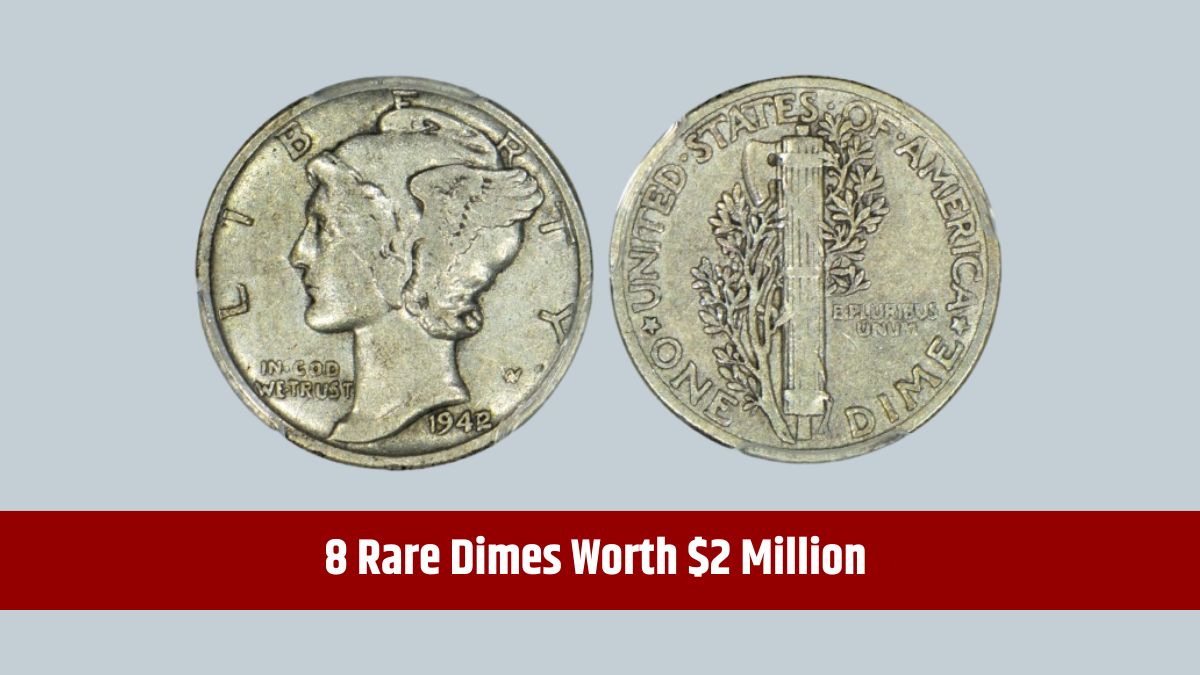SSI beneficiaries in the United States will receive two payments this November, thanks to a calendar adjustment by the Social Security Administration (SSA). This program provides essential financial support to eligible individuals who are elderly, blind, or disabled and have limited income and resources. However, this adjustment is not an extra payment; rather, it is an advance payment for December due to the first of the month falling on a weekend.
Below is a breakdown of what beneficiaries should know about this November’s double payment, along with an overview of how SSI differs from other Social Security benefits.
Payment Schedule
The first November SSI payment was issued early in the month, and a second payment will arrive on November 29. This second deposit is actually December’s SSI payment issued early, as December 1 falls on a weekend.
While it may appear to be an additional payment, beneficiaries need to remember that no additional SSI payment will come in December. Planning and budgeting for December expenses will be crucial, as the month will have a single SSI payment issued in November.
Payments
In addition to SSI, some beneficiaries may also receive other Social Security payments, including Social Security retirement or Social Security Disability Insurance (SSDI). These are separate programs with distinct eligibility requirements. SSI focuses on assisting individuals with minimal income who need help meeting basic needs, while retirement benefits and SSDI are based on work history and contributions.
For most beneficiaries, SSI payments are deposited directly into their bank accounts, although some still receive paper checks by mail.
Payment Differences
| Program | Eligibility Criteria | Payment Basis |
|---|---|---|
| SSI | Low income, age 65+, blind, or disabled | Need-based financial assistance |
| Social Security Retirement | Work credits from past contributions | Based on work history |
| SSDI | Disability and work credits, with no minimum age requirement | Based on disability severity and work credits |
Differences
It’s helpful to know the primary differences between SSI and Social Security retirement benefits. SSI benefits are determined by income and financial need, targeting those who require assistance for basic needs. In contrast, Social Security retirement benefits are determined by work history and payroll contributions made throughout the beneficiary’s career. As a result, Social Security retirement benefits typically offer a higher amount, reflecting an individual’s employment and contributions over time.
Payments in November
Alongside SSI, SSDI payments continue on schedule this November. SSDI is another essential SSA program, designed to support individuals who cannot work due to qualifying disabilities. However, SSDI is distinct from SSI in that it’s only available to those who became disabled while working, having accumulated enough work credits.
Unlike SSI, SSDI does not have an age requirement, although eligibility depends on a severe medical condition that prevents employment. Over 9 million Americans rely on SSDI for financial support, ensuring they have income despite being unable to work.
Social Security’s Future
In recent years, the sustainability of Social Security has become a hot topic. Projections show potential funding shortfalls by the 2030s if no adjustments are made to the program’s structure. Reasons behind this concern include an aging population, increased life expectancy, and a shrinking workforce-to-beneficiary ratio.
Various solutions have been proposed to address these issues, including raising the payroll tax cap, adjusting benefits, or introducing comprehensive reform. As the need for a long-term solution grows, lawmakers are facing pressure to secure Social Security’s future to continue serving millions of Americans who depend on these essential benefits.
In summary, SSI beneficiaries will receive two payments this November due to a scheduling adjustment, though this does not mean an additional payment overall. With Social Security facing funding challenges, the importance of securing these benefits for future generations remains clear.
FAQs
Why are there two SSI payments in November?
One is December’s payment, arriving early due to a weekend.
Will I get an SSI payment in December?
No, December’s payment was issued in November.
Can I receive both SSI and Social Security?
Yes, but eligibility for each is based on different criteria.
What is the difference between SSI and SSDI?
SSI is need-based; SSDI depends on disability and work history.
Are Social Security benefits at risk?
Yes, funding shortfalls are projected, but reforms are being discussed.






